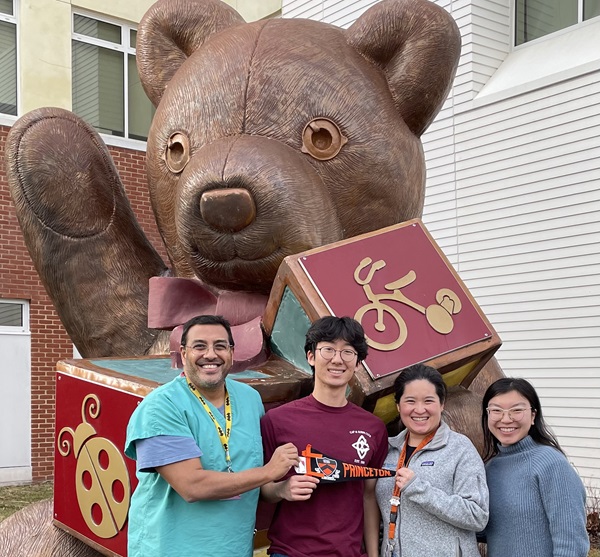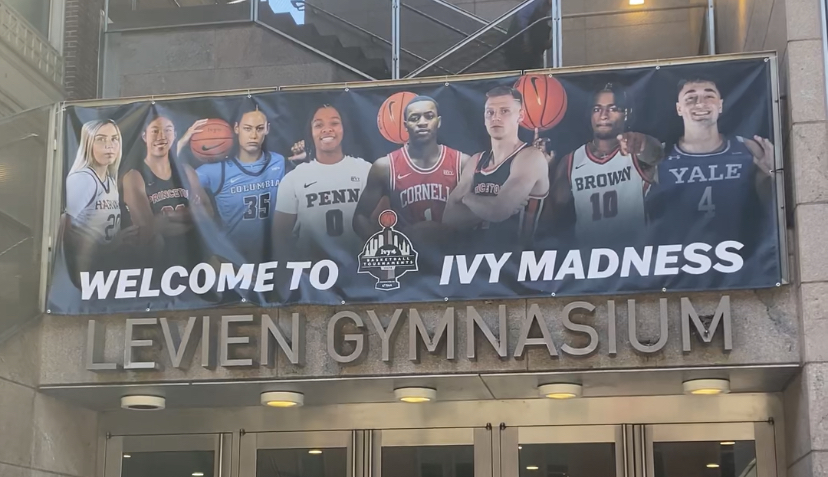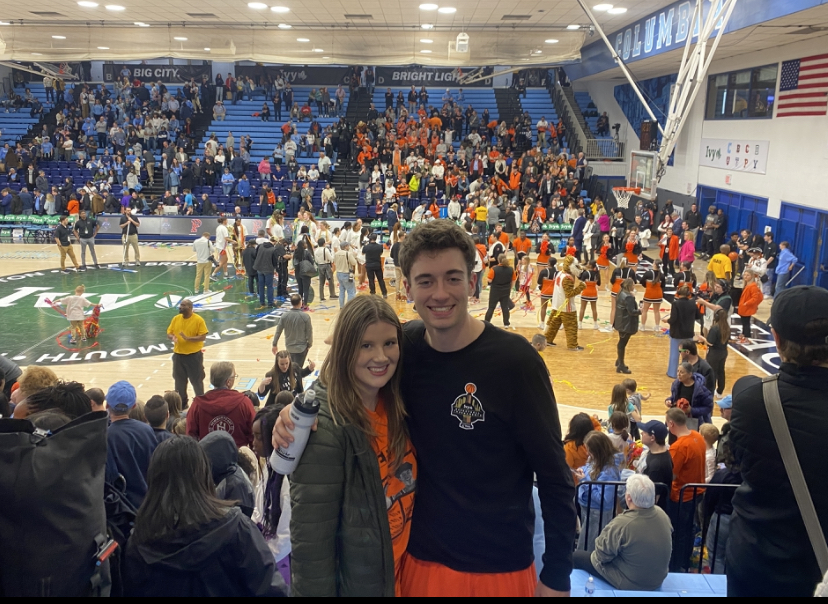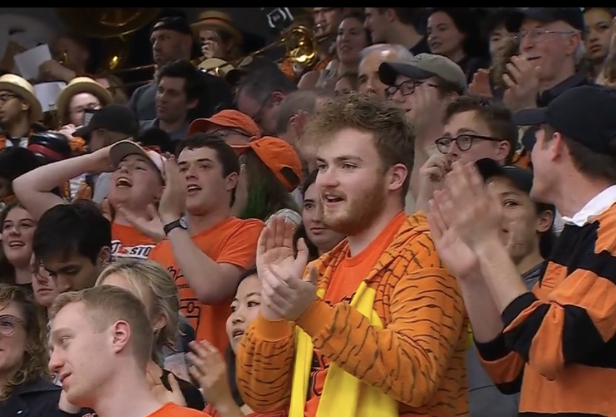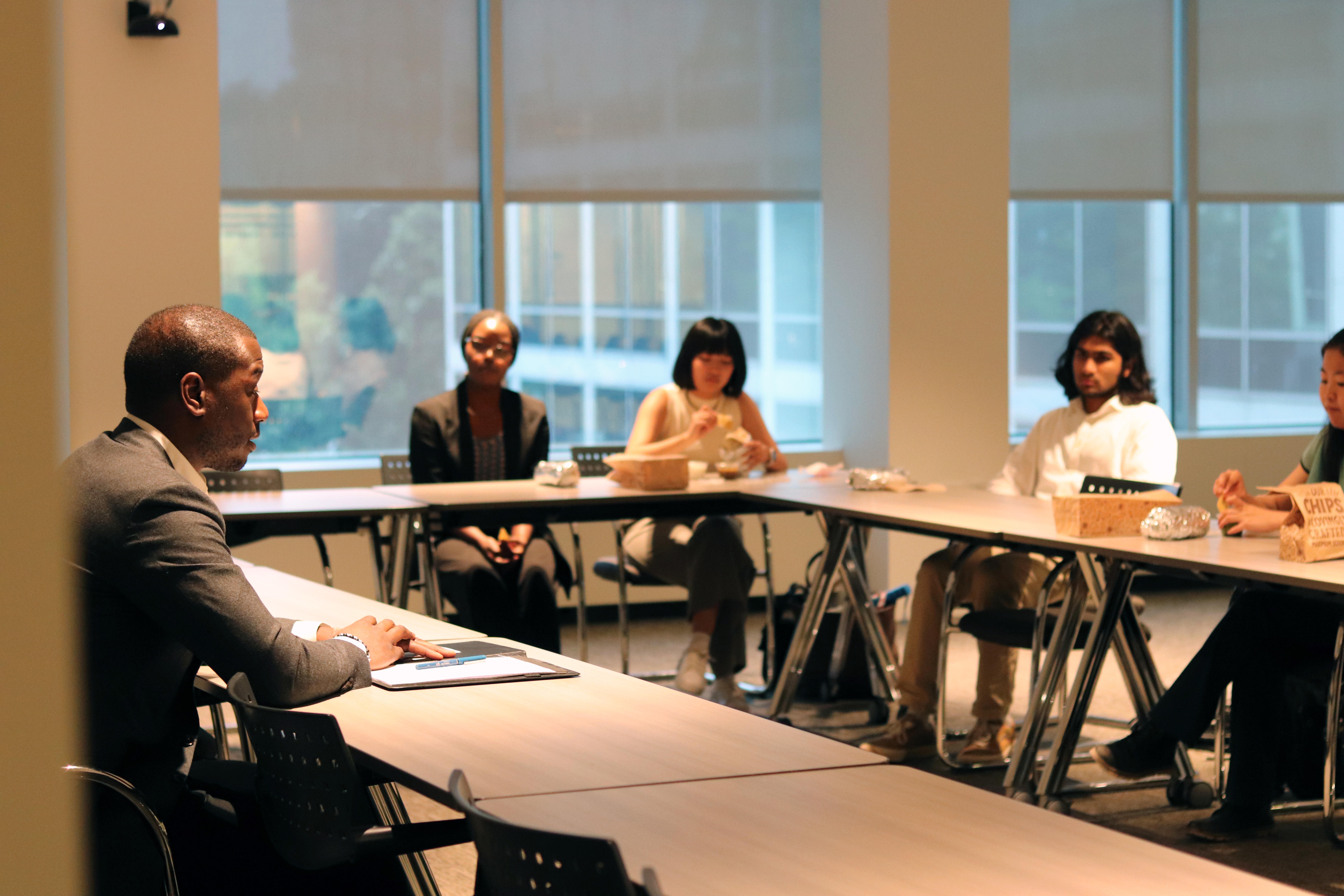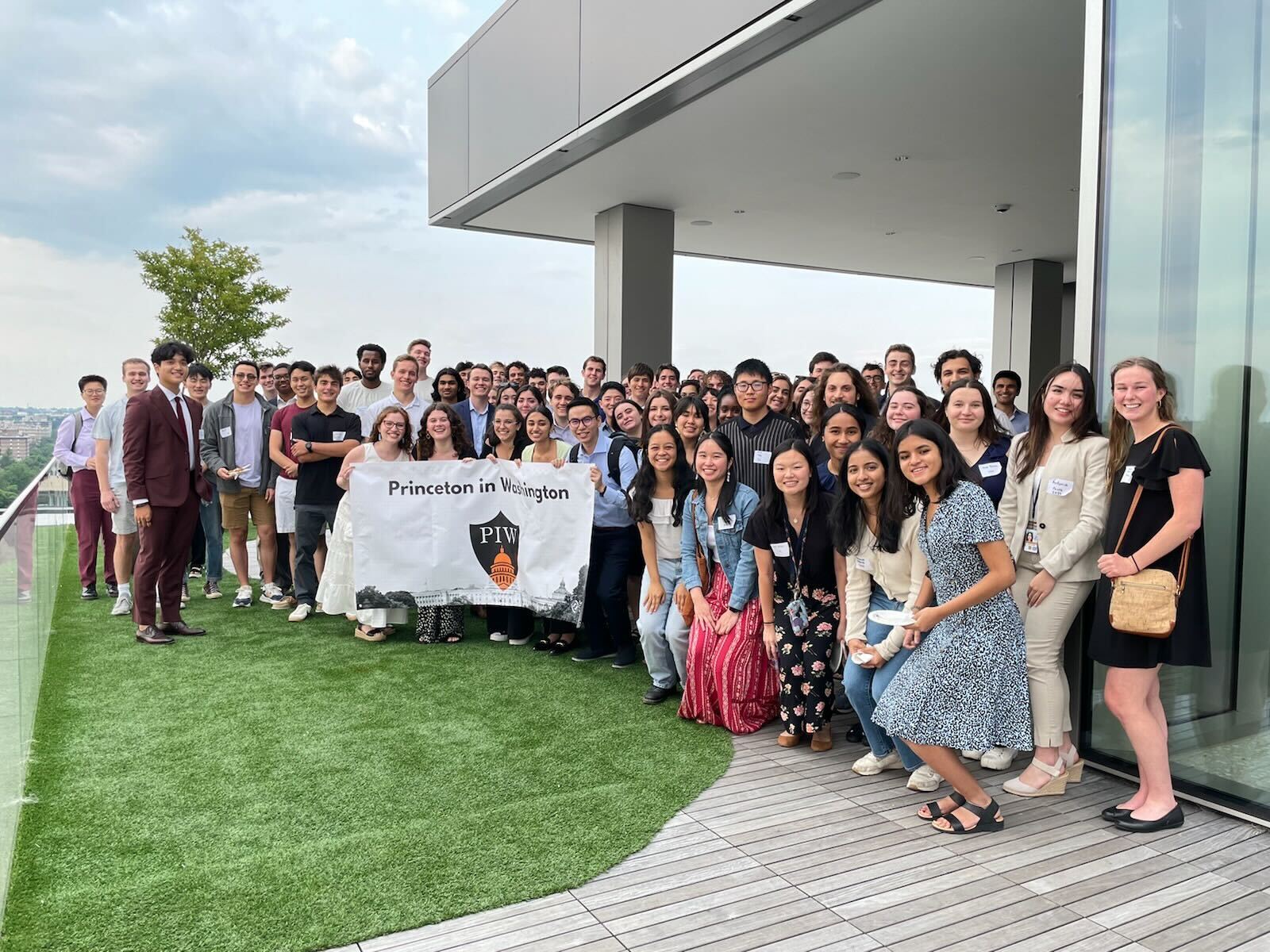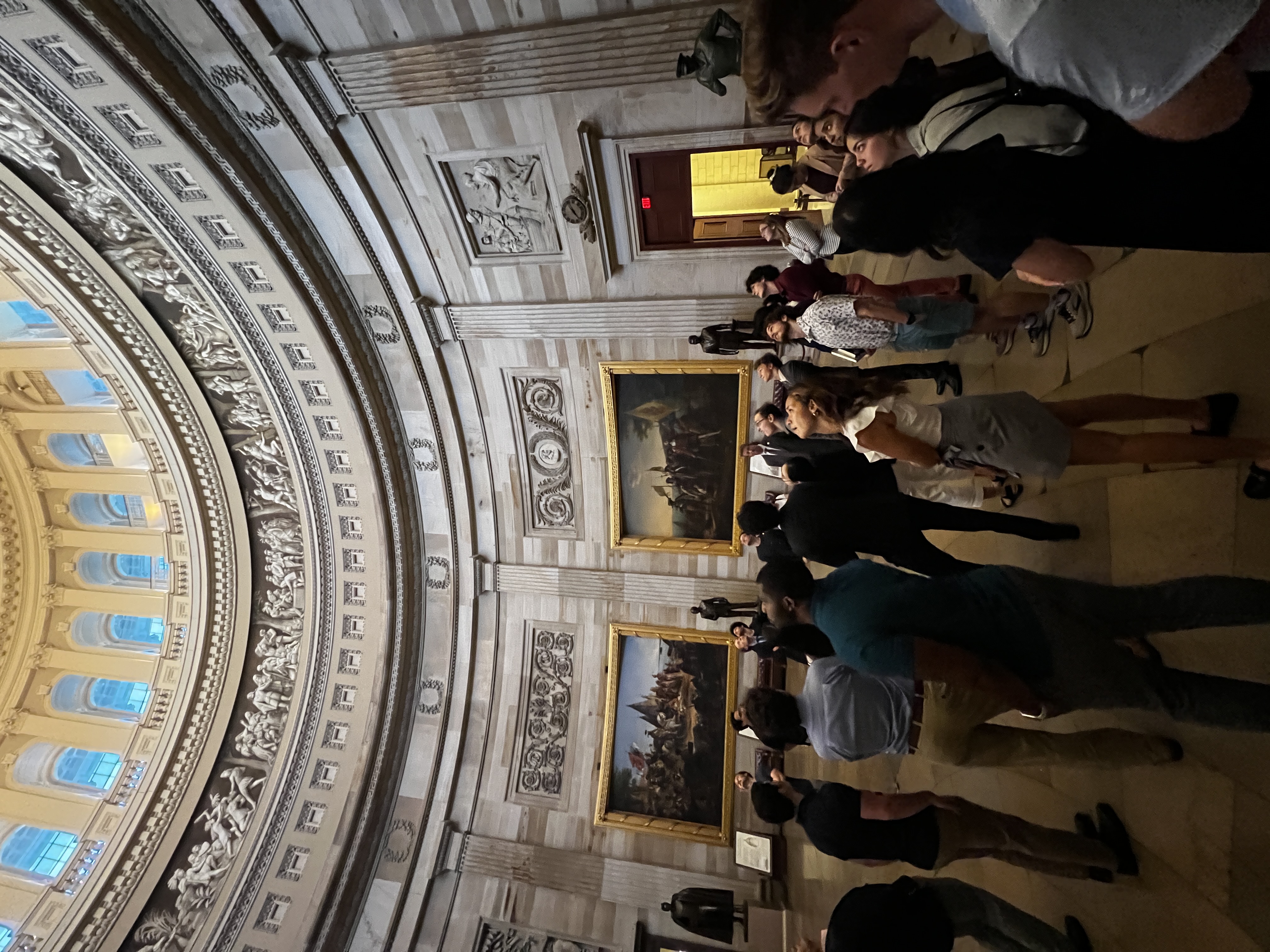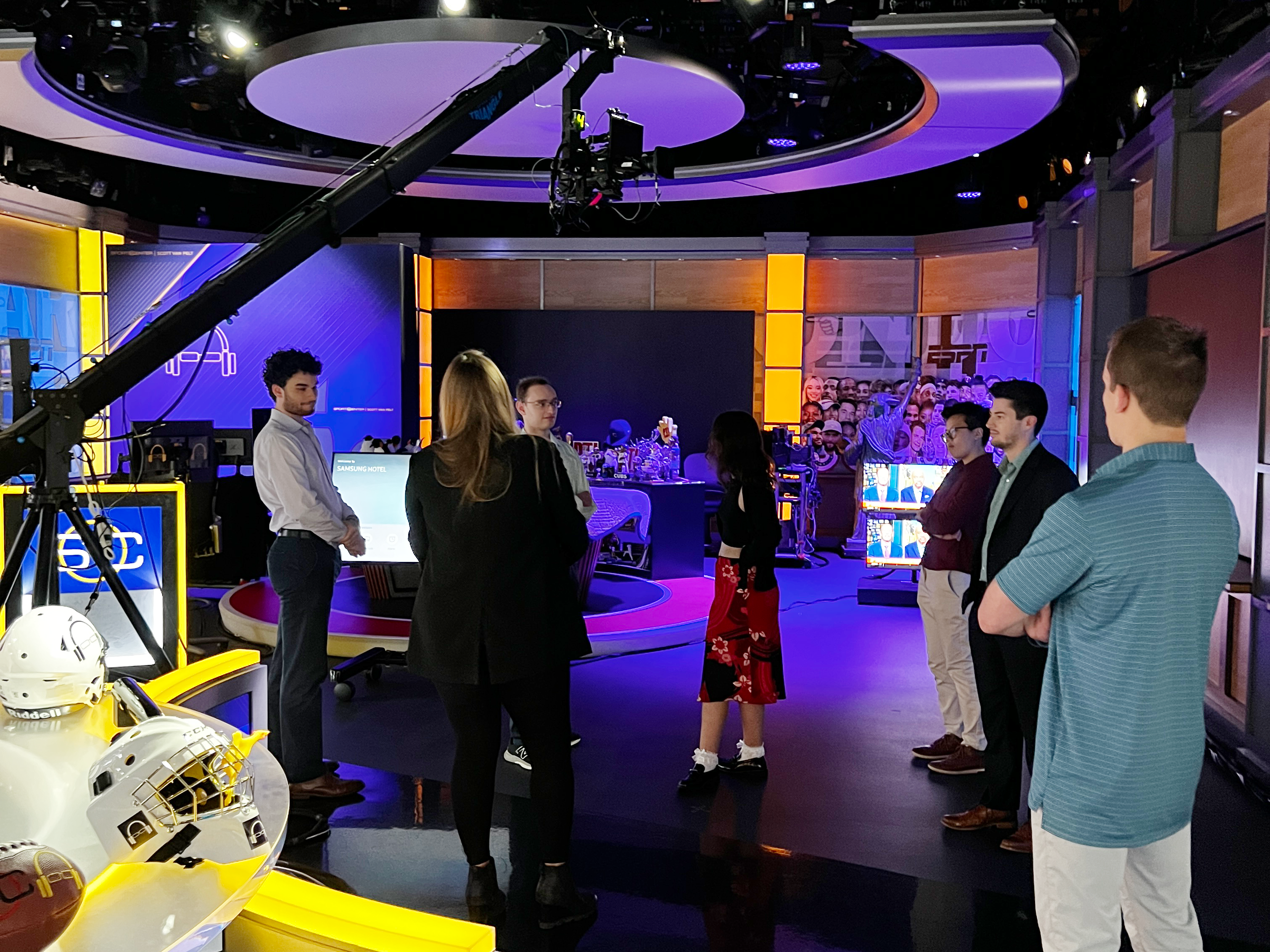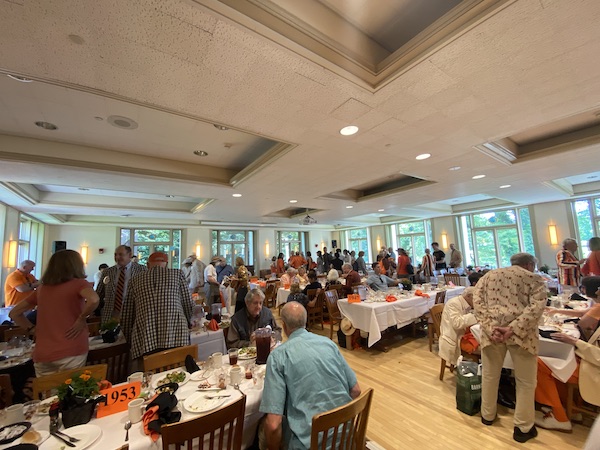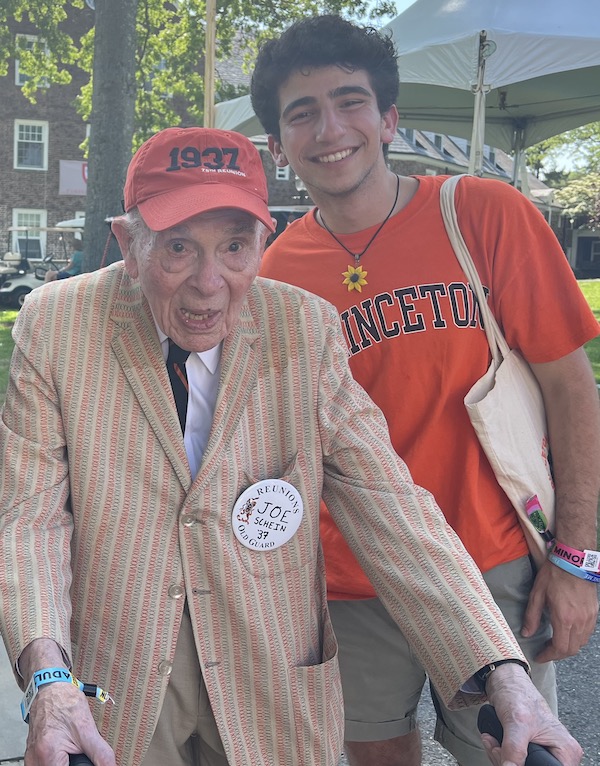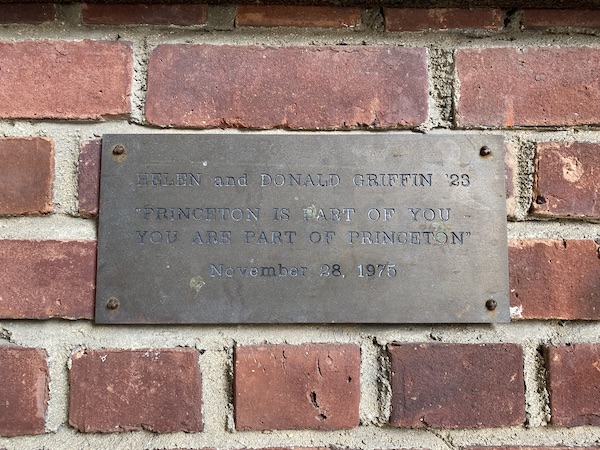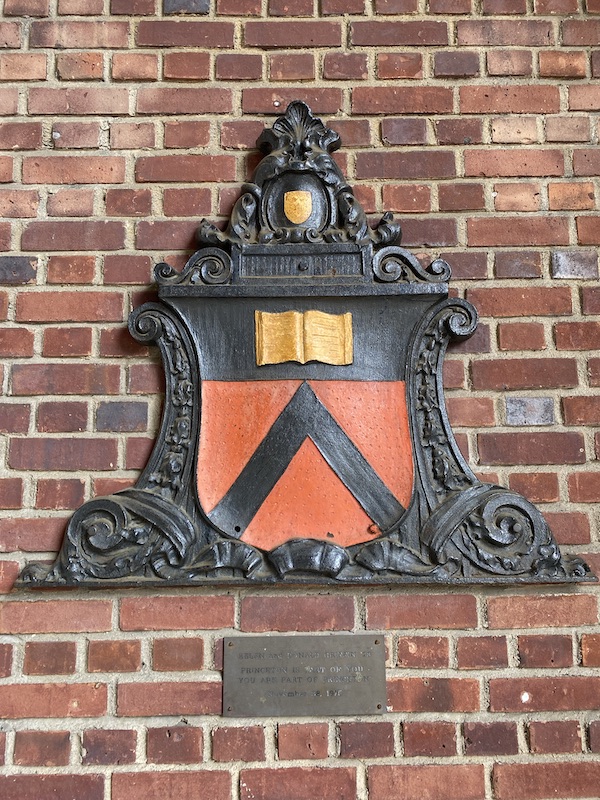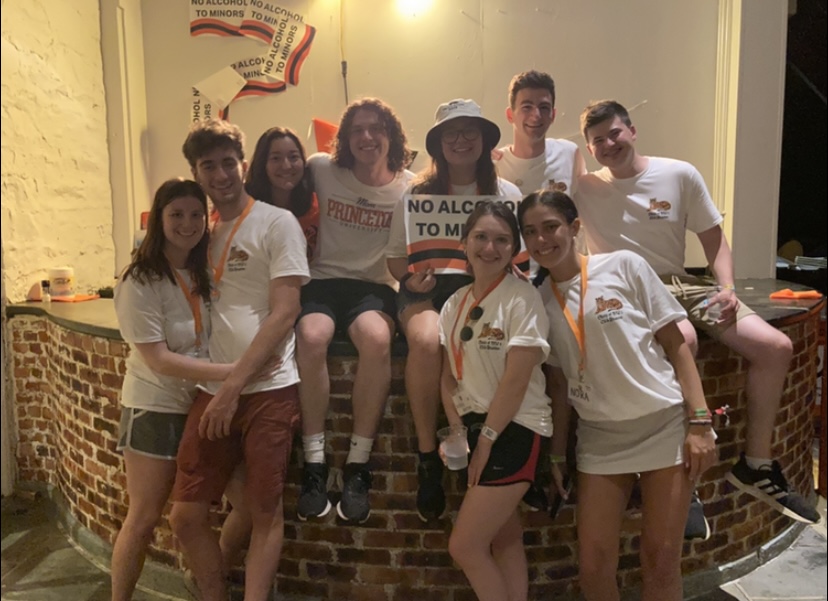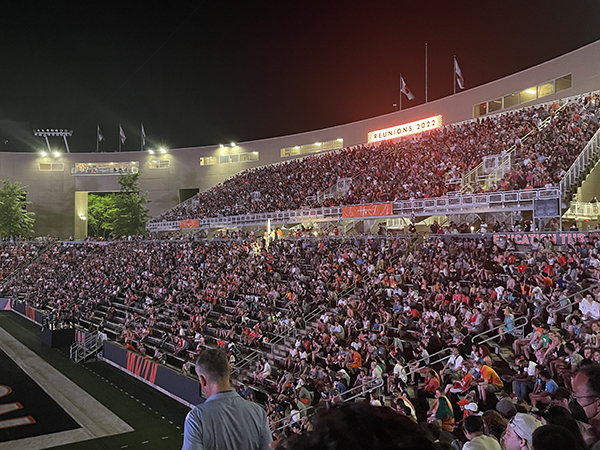Princeton’s five-week winter break permits students to relax and spend time with their family but also engage in fun and enriching activities if they choose. The Princeternship program run by the Center for Career Development is one option, and it showcases the power of Princeton’s incredible alumni network. The program aims to support career exploration and build connections by placing current students with alumni hosts. The “Princeterns” may shadow the hosts at their workplace for several days or assist with a few projects over the course of a several weeks, and students can receive a stipend to cover travel and accommodations. During my first year, I had the opportunity to learn about pediatric clinical and anatomical pathology with Dr. Alice Werner through a virtual Princeternship. Fellow blogger Melissa wrote about her experience as a Princetern at the New York Office of Mental Health, and I wanted to add another perspective from my second Princeternship and share just how grateful I am for the program. Last January, a student from the Class of 2024 and I were lucky enough to shadow Dr. Shetal Shah (Class of 1996) and Dr. Melanie Leong (Class of 2006), neonatologists at Maria Fareri Children’s Hospital in Valhalla, New York. Neonatology is the care of newborns, especially premature infants. We shadowed in the Neonatal Intensive Care Unit (NICU) for four days and were able to observe and participate in a wide range of activities ranging from morning rounds to touring the hospital’s groundbreaking donor milk bank for premature infants.
In fact, I may not have been able to participate in the Princeternship program if I had not pushed myself to complete and submit an application on the last day. Knowing that I would be going on a trip to Toronto sponsored by Canadian Club and the Office of the Dean of Undergraduate Students, I had intended to complete my application before fall break, but unfortunately I pushed it off and found myself writing it in the hotel room; however, the outcome was more than worth it! This is an encouragement to apply to opportunities that you are really excited by, even if the deadline is soon or you don’t think you’ll be accepted.
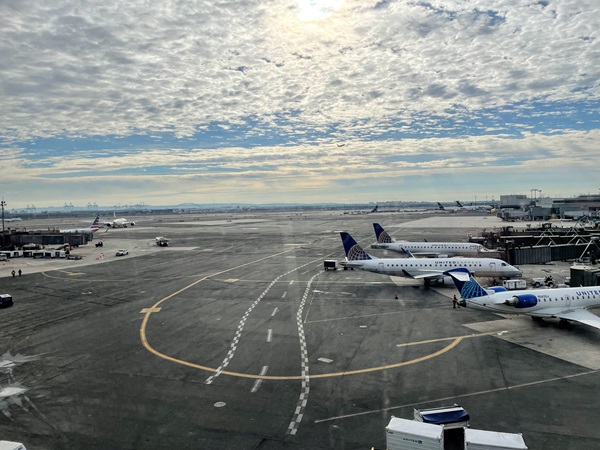
After spending some cherished time with my family, I was excited to head to Valhalla, NY. On our first day, we met Dr. Shah in the stunning lobby of the hospital which featured a walk-through aquarium, children’s art, and colorful holiday decorations.
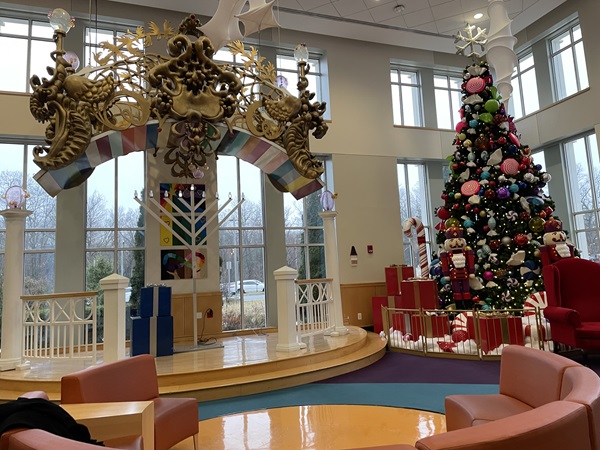
In the morning, we attended the Perinatal Conference, during which a neonatology fellow (a doctor who has completed their pediatrics residency and is now receiving further training in neonatology) gave an overview of recent admissions and several complex cases. The first thing that hit me was the sheer number of acronyms used. Dr. Shah later told us that neonatology, like all specialties, has a language of its own, and although we wouldn’t understand everything that we heard, he encouraged us to take in what we could and ask him and Dr. Leong questions afterward. I wrote down acronyms which I wanted to search up later, and over the course of the Princeternship, I learned what many of the most common acronyms meant. One which came up very frequently was the numbering system used to describe a mother’s gravidity and parity, meaning the number of times she has been pregnant and the number of pregnancies carried to a viable gestational age. For example, a G4P1202 mother has been pregnant four times, had one full-term pregnancy, two premature births, no abortions or miscarriages, and two live births. I also slowly became familiar with many of the health issues and procedures performed on premature infants, including patent ductus arteriosus (PDA), a heart defect which normally closes within a few days in full-term babies, and jaundice, which is caused by a baby’s still-developing liver being unable to quickly break down bilirubin. Infants with jaundice were given phototherapy, meaning a blue light was placed over their isolette and they were placed on a blue light-emitting “bili blanket” to maximize the surface area of their skin exposed to the light. Dr. Shah explained that the blue light converts the bilirubin into another isomer which is water-soluble and thus the infants can get rid of bilirubin faster in their urine.
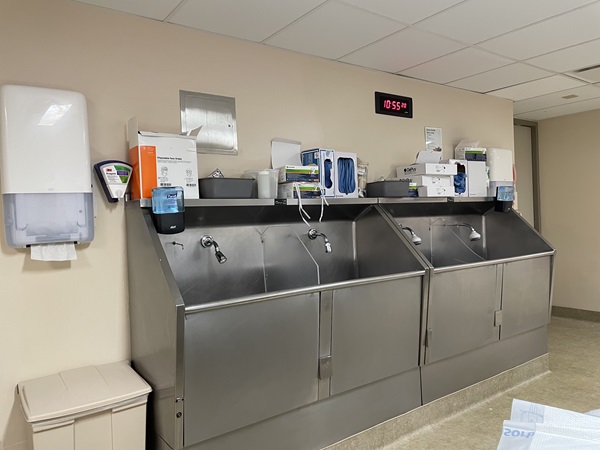
I noticed that this Princeternship tied in nicely with my first Princeternship with a pathologist, as this one provided the human side of the patients' stories and gave me a more complete picture of who makes up a healthcare team and how they collaboratively treat each patient. In my first Princeternship, I learned how Dr. Werner entered her notes on pathological samples into the electronic healthcare record system, and in this Princeternship, I saw how the team on the floor requested and used other doctors’ expertise to inform their treatment plan.
Every morning, the other student and I went on rounds with the “red team” which consisted of an attending physician (a doctor with the highest level of training), a neonatology fellow, three resident physicians who were on their one-month rotation in the NICU, and a clinical dietitian. Because this team had the most residents, it was instructive for us to shadow them because the attending physician asked the residents questions pertaining to the cases and the residents and fellow frequently asked the attending for her advice on a certain condition or course of treatment. For each patient assigned to the team, we would walk to their isolette or bassinet, greet the parents if they were present, and the resident on the case would provide an update on the patient’s last 24 hours. Any changes to their treatment would be discussed and inputted as an order in the electronic record system, including the dietitian’s helpful advice on optimizing each baby’s feeds based on their age, weight change, and needs. The attending never failed to consult the nurses to ask if they had any concerns or additions to make to the day’s update. One thing that impressed me was the collaboration between members of the healthcare team: over the course of four days, the team consulted a pulmonologist, the pediatric surgery team, an ophthalmologist, and a radiologist to profit from their insight into a patient’s situation.
I am so grateful to the Center for Career Development and our alumni hosts for arranging this immersive opportunity and I hope to participate again next year!
